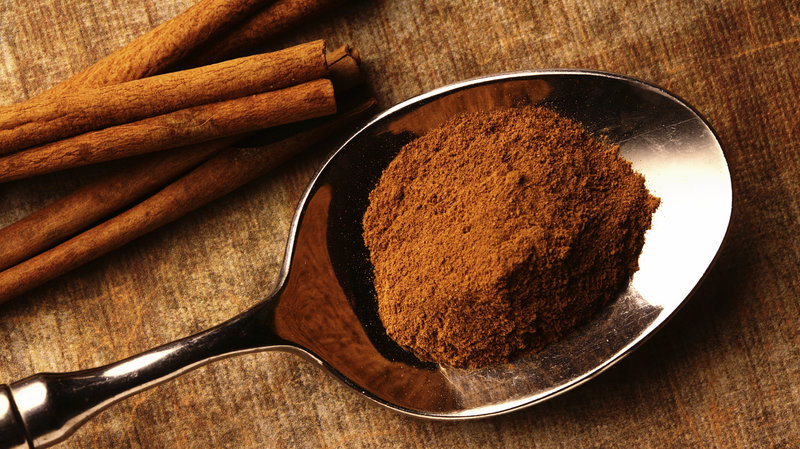Cinnamon is a great little spice, folks. Whether it’s on your cookies, in your latte or rounding out that spicy chili, it’s a tasty addition to a lot of things.
On top of the flavor enhancement, though, do you know that cinnamon might also help you control your blood sugar?
As reported by New Hope Health, researchers noticed that cinnamon appeared to help control blood sugar in an adult study (https://newhopehealth.com/you-dont-have-to-be-diabetic-to-have-blood-sugar-challenges-part-2/). The 12-week study involved 58 type 2 diabetics who have hemoglobin A1c (HbA1c) levels that exceed 7 percent. It’s the HbA1c that is a marker for long-term blood sugar control in diabetics.
In the study, participants received 2 grams of cinnamon each day. At the end, they had lower lower HbA1c levels and a significant reduction in blood pressure. Researchers concluded that supplementation with cinnamon might be a potential dietary option to help regulate blood sugar levels and blood pressure in those suffering from diabetes.
Research conducted over the years has looked into the “insulin-like” effect of cinnamon, and this London study is yet another one in the growing pile of evidence. Another study found that cinnamon could increase the metabolism of glucose by about 20 times, according to a review in the Nutrition Journal (https://www.ncbi.nlm.nih.gov/pmc/articles/PMC4609100/), and this can significantly improve a person’s ability to regulate their blood sugar. Cinnamon has even been viewed as a potential substitute for insulin for those who have type 2 diabetes because of the effects from one of its bioactive components.
Cinnamon may lower blood sugar by acting on more than one level. Since your blood sugar rises quickly after meals, cinnamon’s ability to delay the emptying of your stomach can improve insulin effectiveness. In addition, a compound known as proanthocyanidin in the spice, according to research, might alter the insulin signaling activity in your fat cells.
Since this spice might help control blood sugar and provides other benefits, such as easing congestion and improving digestion, it’s worth trying to add a little more into your diet on a daily basis. If you like cinnamon, just adding one-quarter to one teaspoon of this handy spice to your meals somewhere could provide benefits, according to the available research. This versatile spice isn’t just for sweet foods, either–some people enjoy it in their coffee, on their meats and in some stews or soups.




